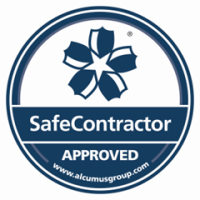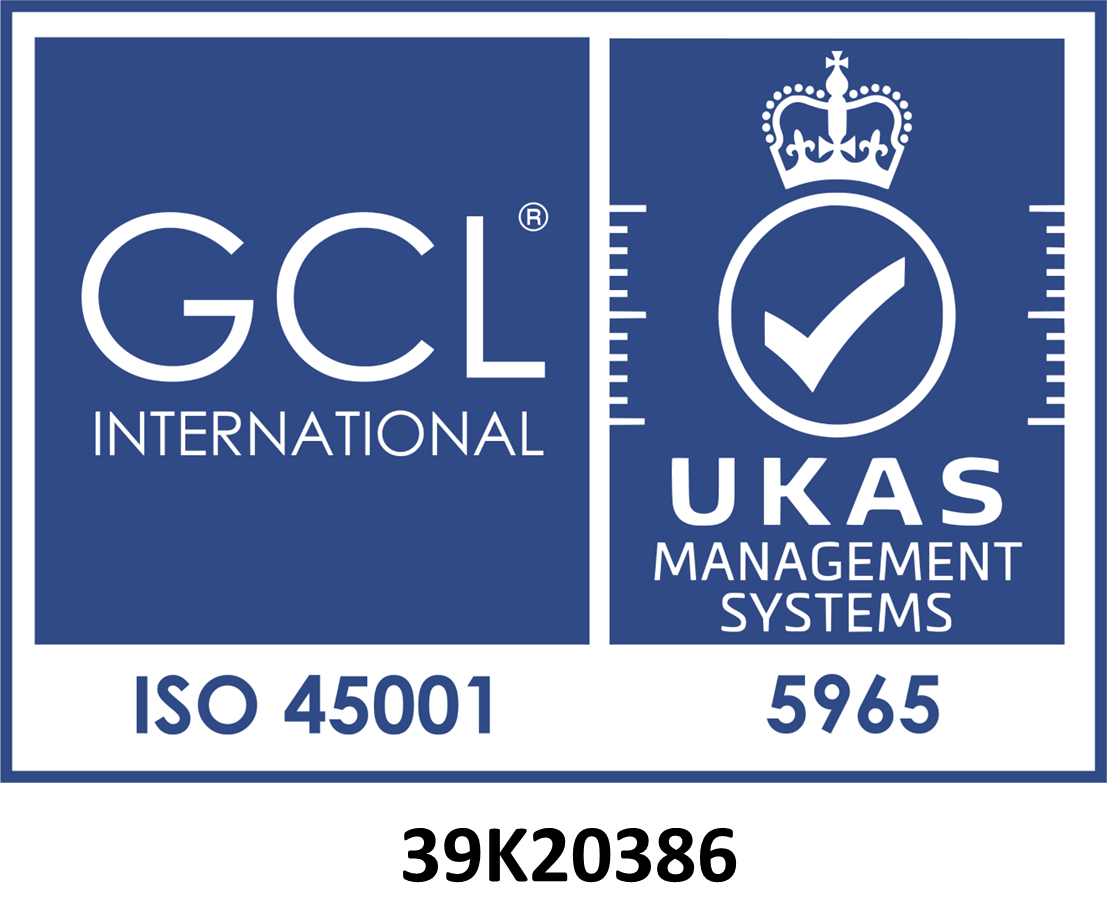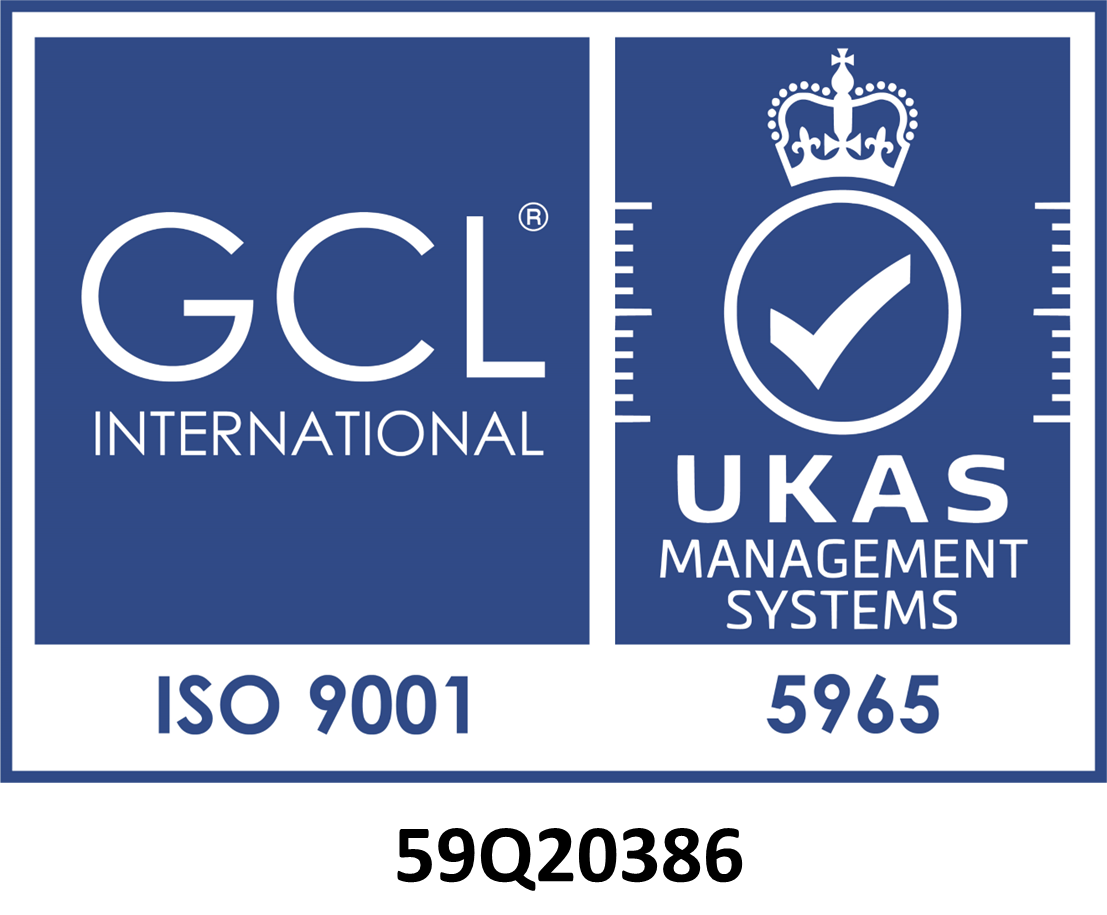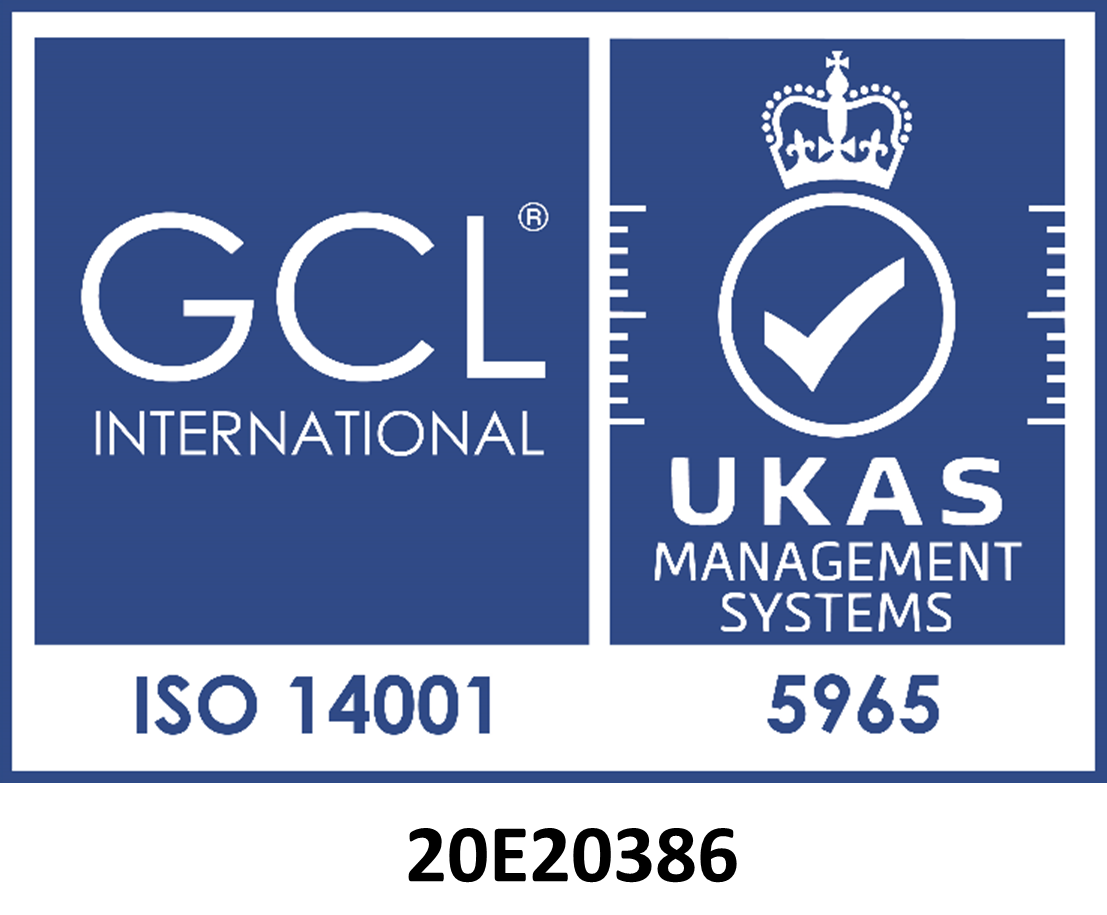A cell processing workstation is an essential item of lab equipment for any industrial or medical application involving the cultivation of human or animal tissue. This includes pharmaceutical firms as well as biotechnology researchers.
Any work with cells and tissues is complex and involves multiple stages, all demanding precision and the highest standards of quality control. Exceptionally high standards of cleanliness are also required to avoid any contamination of the cell cultures.
Installing a regenerative medicine isolator within your facility makes it possible for work to be carried out with greater efficiency, while also minimising contamination risks. This type of equipment is increasingly being chosen as an alternative to a cleanroom for a whole range of applications.
Uses for Cell Processing Workstations
A cell isolator is generally used for working with, and in particular growing, biological cells. The job of cell processing requires special, sterile conditions, with the need to ensure GMP compliance for the area where this sensitive work is carried out.
A range of specialised equipment is required to perform the various different stages, including incubators and microscopes. In the past, this has normally required a cleanroom containing all the different equipment, with the tissue and cells being moved from one area of the room to another for each stage.
However, an integrated cell processing workstation makes it possible for all these pieces of equipment to be safely stored within a single self-contained unit. This provides a number of cost and efficiency benefits, since a closed system is simpler to maintain than a traditional cleanroom. It also enhances the ability to maintain a sterile environment for the cultures.
Specific uses for isolators could include:
CO2 incubators can be used for more routine applications such as cell cultivation, as well as for specific
Regenerative Medicine: This enables cells from an individual patient to be grown in the laboratory and then given back to them, for instance when a skin graft is needed. The advantage of this is that it makes it possible for treatment to be carried out without the need for a donor, which can avoid issues of rejection or problems with the immune system. Increasingly, medical regeneration is also including the growth of organs and tissues, including muscles and the liver.
Cell and Tissue Therapy: While cells and tissues may be grown to treat a specific patient, cell therapy is also increasingly important for research by pharmaceutical companies developing treatments in the laboratory. Artificially produced cells and tissues may also be needed for clinical trials.
Stem Cell Therapy: This has become an increasingly important area of cell therapy. Stem cells are already used to treat some illnesses, such as leukaemia, via bone marrow transplants. It is believed these cells also have potential to be used in many new treatments for other conditions. Researchers in the field of stem cell therapy, and in other types of immunotherapy, need cell cultures to work with.
Gene Therapy: Researchers into a number of diseases and medical conditions, including cancer, are exploring the possibility of inserting genes into patients’ cells, although these treatments are still at an experimental stage. Again, a suitable sterile working environment is vital.
The IsoCell Pro from EuroClone
Anybody looking to install cell processing workstations will want to be sure that the equipment they are considering is reliable and will give a high-quality sterile environment. The IsoCell Pro, manufactured by EuroClone and supplied by Tecomak, provides aseptic conditions for tissue and cell culture work.
Non-contamination is particularly important when the end product is going to be given to a patient who may have suppressed or compromised immunity, or to be used in medical research where precision is essential. This state-of-the-art cell isolator not only ensures full GMP compliance, but also meets a whole range of regulatory standards, including validation from SwissMedic.
By enabling a streamlined workflow, installing this specialist workstation will improve efficiency and reduce any contamination risk. It minimises the need to remove cultures to different areas and machines, since other items of equipment such as a microscope, CO2/O2 incubator and a system for safe removal of waste are all included. Its inbuilt controls mean you can closely monitor its performance, via a Siemens control panel with a colour touchscreen and alarms.
The unit has a physical barrier between the sterile work area and the outer zone. It is built to enable hydrogen peroxide decontamination and sterilisation, which can be carried out either for the entire isolator or just for the transfer hatch, as required. Because it uses isolator technology, this type of unit requires a lower cleanliness grade for the surrounding environment than is needed for a traditional cleanroom, at Grade D rather than A/B. This means the clothing requirement for operators is less onerous.
If you need more information about installing a cell processing workstation, Tecomak Environmental Services are experts and can give you all the advice you require.
Cell Processing Workstation – Follow the link for details of the IsoCell Pro, supplied by Tecomak.







